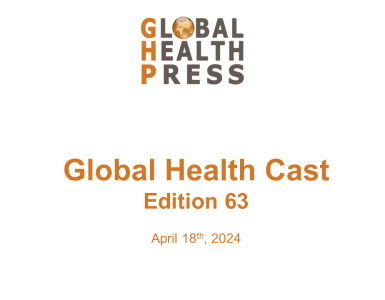The World Health Organization (WHO) ended the global emergency status for COVID-19 on 5 May, more than three years after its original declaration, and said countries should now manage the virus that killed more than 6.9 million people along with other infectious diseases.
The WHO’s Emergency Committee met on 4 May and recommended the UN organization declare an end to the coronavirus crisis as a “public health emergency of international concern” – its highest level of alert – which has been in place since 30 January 2020.
“It is therefore with great hope that I declare COVID-19 over as a global health emergency,” said WHO Director-General Tedros Adhanom Ghebreyesus, adding that the end of the emergency does not mean COVID is over as a global health threat.
The COVID death rate has slowed from a peak of more than 100,000 people per week in January 2021 to just over 3,500 in the week to 24 April 2023, according to WHO data, reflecting widespread vaccination, availability of better treatments and a level of population immunity from prior infections.
Ending the emergency could mean that international collaboration or funding efforts are also brought to an end or shift in focus, although many have already adapted as the pandemic receded in different regions.
“The battle is not over. We still have weaknesses and those weaknesses that we still have in our system will be exposed by this virus or another virus. And it needs to be fixed,” said the WHO’s Emergencies Director, Michael Ryan.
Source: WHO

















